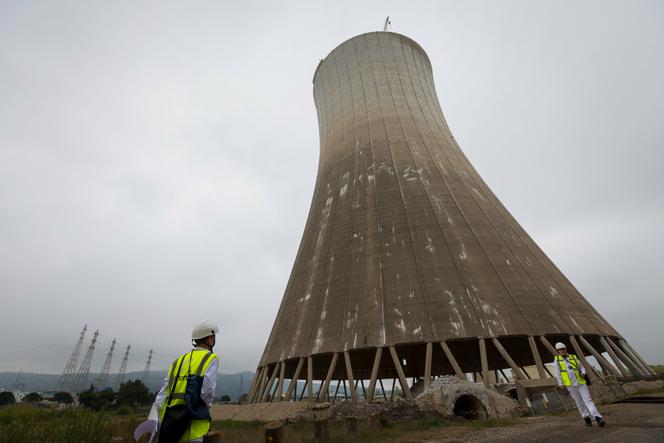


In mid-May, the French National Agency for Radioactive Waste Management (Andra) published a new estimate of the total cost for the Cigéo project: an industrial geological storage center intended to bury the most dangerous nuclear waste, which could cost between €26 billion and €37 billion over a 150-year period. In the midst of the nuclear sector's relaunch, the government needs to take a position on these figures before 2026, and the authorization to begin this unprecedented project is expected between 2027 and 2028.
It was in this context that the Court of Audit, the national administrative court charged with conducting financial and legislative audits of public institutions, examined Andra's activities, a state-owned industrial and commercial agency created in 1991 and responsible for managing all waste produced by the nuclear sector. In a report published on Wednesday, June 4, the Court stated that the agency's financial situation was "sound and robust": thanks to the implementation of the "polluter pays" principle, the majority of its resources are provided by contributions from waste producers – mainly EDF (the national utility company), Orano (multinational nuclear fuel cycle corporation) and the French Alternative Energies and Atomic Energy Commission (CEA).
You have 74.07% of this article left to read. The rest is for subscribers only.
